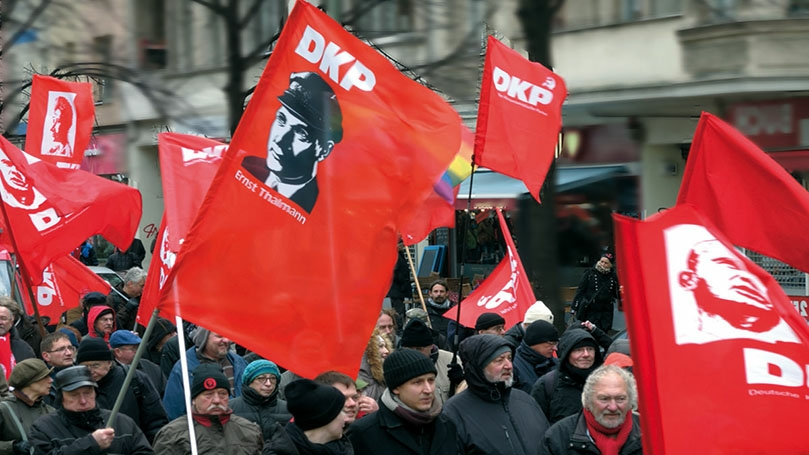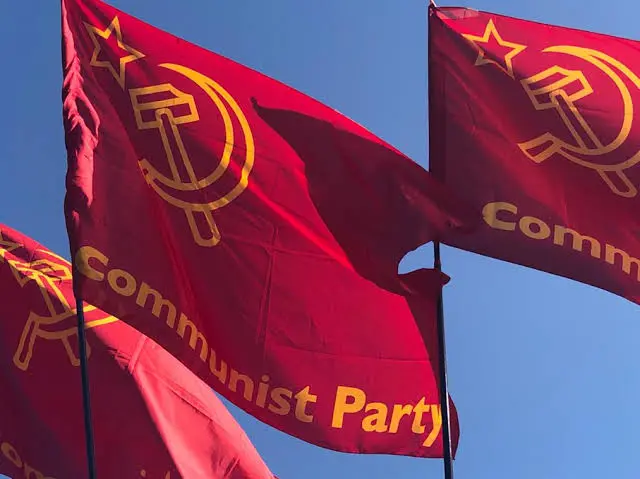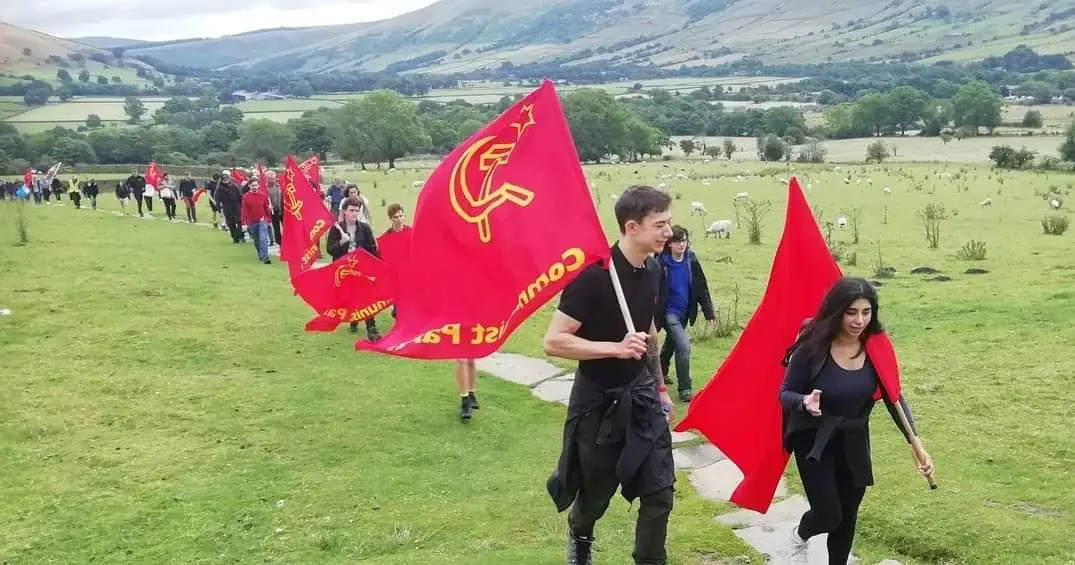The Supreme Court of Germany ruled on the 22nd of July to reverse the decision of the Federal Electoral Committee to disqualify the German Communist Party (DKP) from the upcoming federal elections in September and withdraw its party status. The ruling became public on the 30th of July. Communist and workers’ parties as well as progressive০ organizations worldwide had declared their solidarity with the DKP in the face of the potential de facto ban.
Previously, the Federal Returning Officer Georg Thiel had recommended to the Electoral Committee to bar the DKP from the elections and also strike its status as a recognized political party based on alleged violations against the German political parties law. Specifically, he alleged a violation on the part of the DKP against the obligation of political parties to submit extensive yearly financial reports. The relevant law states that parties which do not submit financial reports for six years have their status withdrawn
The DKP had in fact submitted financial reports for the relevant years, however some of the reports were submitted later than the deadline. In direct violation to the actual text of the law, the Returning Officer tried to interpret belated financial reports as missing ones.
Even though the DKP does not receive any financial support from the state since it did not get enough votes in the last election, it is required to submit complicated financial reports for its federal organisation including 80 of its subunits. Many of the few employees of the party are dedicated to this time-consuming task.
Prior to the decision of the Electoral Committee, there weren’t any signs that the party might come under fire. In fact, already in the spring of 2020 the DKP had indicated to the Federal Returning Officer its intention to participate in the Federal elections. In May, Thiel had officially confirmed in a letter to the party’s Executive Committee that it fulfilled the legal requirements to participate in the elections. The decision to remove its political status and bar it from the elections therefore came as a complete surprise.
In a press statement, the DKP stated that the Constitutional Court had fully followed the arguments of the party’s lawyers. The DKP’s president, Patrik Köbele, declared:
“This decision is not only the result of our legal and political argumentation, but above all a result of the great national and international solidarity we have experienced. We thank you for this from the bottom of our hearts! This example shows how important solidarity is and what it can achieve.”

He also said that the DKP viewed the solidarity and the victory before the Constitutional Court as a mission to enter the electoral campaign with all its power. According to Köbele, the ruling is a small, partial victory in the fight against the dismantling of democratic rights and against the reactionary transformation of the state.
However, Köbele also warned that similar attacks might again take place in the future, as the attempt to de facto ban the party shows according to him the tendency of German imperialism to apply tougher political repression in the face of the increasing capitalist contradictions:
“Solidarity helps against this. Strengthening (ourselves) helps against this. This attack can be taken as proof that the rulers take the DKP seriously. Therefore, we should take the DKP at least as seriously and fight to strengthen the party, its newspaper and the SDAJ (Socialist German Workers’ Youth), which is a friend of ours.”
The German Communist Party was founded in 1968, 12 years after the Communist Party of Germany (KPD) was banned in capitalist West Germany. Even after 1968 communists in West Germany continued to face repression. At the beginning of the 1970s the then ruling Social Democrats introduced professional bans against communists. DKP members and other “radicals” were barred from working as civil servants, which included teaching at schools. Currently a number of local councillors belong to the party. The KPD was founded at the turn of the year in 1918/1919 by the legendary workers’ leaders Rosa Luxemburg and Karl Liebknecht following the November Revolution in Germany. Both leaders were murdered just a few weeks later by protofascist paramilitaries under the orders of the Social Democrat Gustav Noske.


